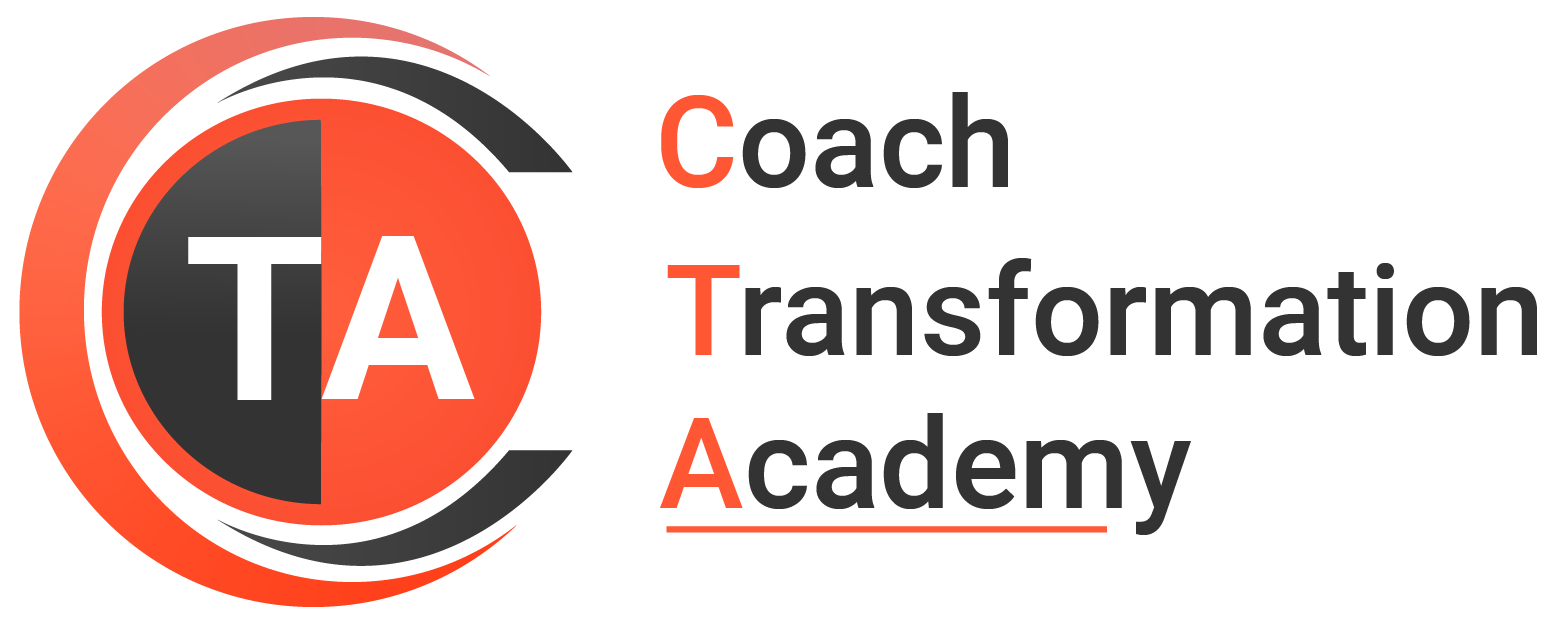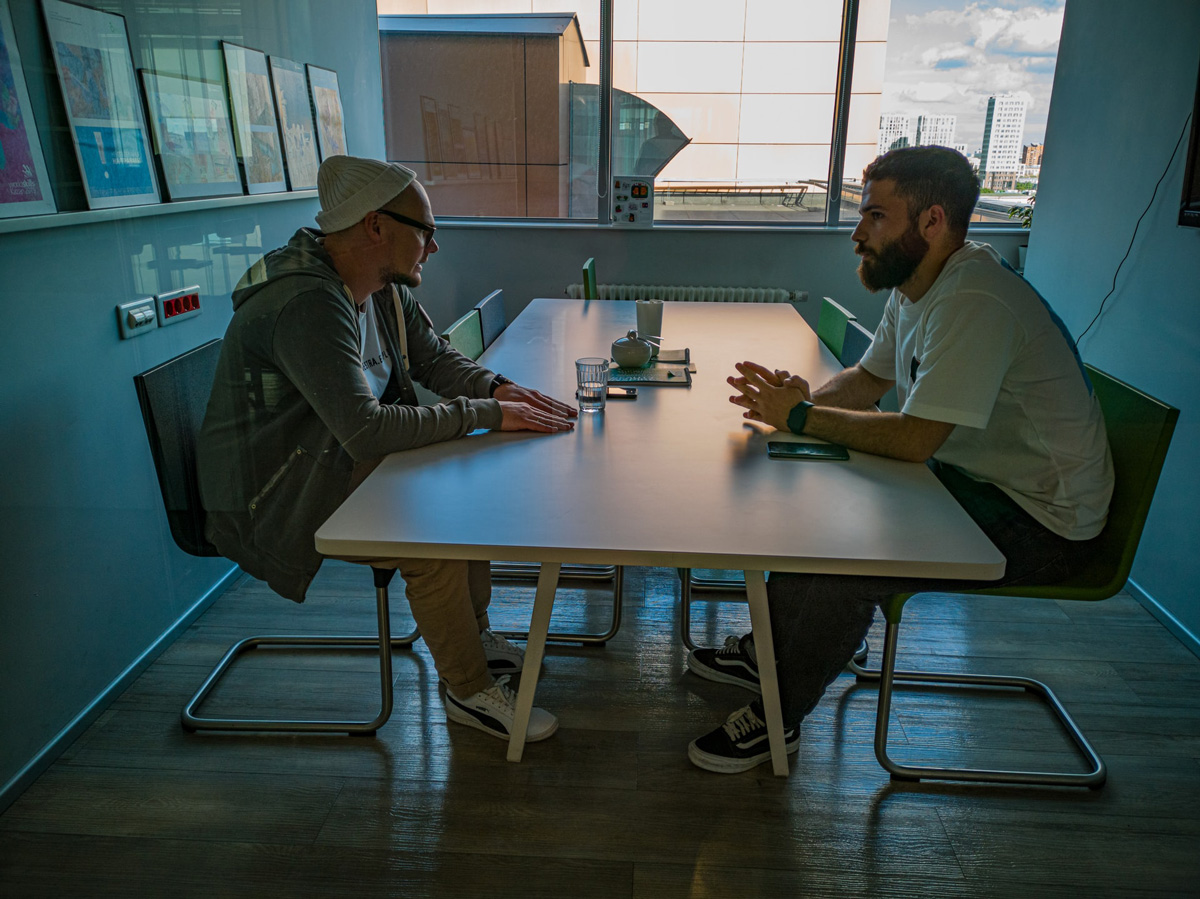During my coach training with CTA, I learned many things as:
- The first reflection from this course was how to build the agreement or initial contract as a fundamental, which is supposed to be used with professional coaching. The coaching session agreement is a frame of reference, objectives, and tools that need to be specified before the coaching session process with the client as a first serve to protect all the contracting partners.
- On the first day of the course, it explained to us the meaning of coaching and the coachwork process, which supports a client in achieving a specific personal goal by providing some tools so they may need it to develop themselves to be effective.
- The process of coaching does not give any advice to clients and that the client has the answers within themselves.
- Coaching is unlocking a person’s potential to maximize their own performance. It is a client-driven them to learn rather than teaching them.
- I recognized the difference between training, mentoring, therapy, and consulting as new information I got during this course: Consulting focuses on solving problems by coming up with the right answer. Mentoring is a broad focus than coaching that can advise others in achieving their goals but is less focused on performance and specific tasks by sharing their experience. Training is teaching the acquisition and sharing knowledge and skills. Finally, therapy is a deal “with healing, dysfunction, and conflict within an individual or relationship.
As recently noticed, people become busy with their daily schedules; it might be difficult for them to find time to think about who they are, their competency, strengths and weaknesses, their habits, and value.
As well as, many people aren’t slant to spend much time on self-reflection. They have a pretty low level of self-awareness, which is the first step to identify opportunities for personal growth and development.
What I learned from those two days is that personal coaching tools help clarify personal goals and better understand how our thought-process works and how to manage our feelings and emotions. It also helps to take appropriate action to design our life and fulfill our goals. This helps to recognize the gap in our current life, from the way we think, behave, react, and find opportunities to improve our behavior. Unless we gain enough awareness about our circumstances to take responsibility, we do not consciously respond to life.
Overall, reflecting on the learnings from the CTA coach training course and the returns from learning will be achieved through self-discovery and creating long-term learning and changing some behavior or lack of performance by building new skills and gain knowledge.
I have first to focus on what do I want to achieve; how will I recognize that achievement when it’s reached as well as how I should record and measure the impact and evaluate my performance.
However, to be a successful coach, I have to work intensely to develop my skill as a coach and practice to improve my skill in communicating effectively tools, which integrates performance and purpose of effective coaching and takes my coaching skills to a higher level as:
- Deep understanding of values, beliefs, and attitudes and how it works.
- Learn the technique to build rapport.
- Power of connection
- Inspire high performance.
- Unlocking Limiting Beliefs.
- Staying Focused.
- Being Non-Judgmental and Open-Minded.
Finally, I would like to extend my sincere gratitude to Dr. Haris and all CTA team who have contributed the two-day course.





